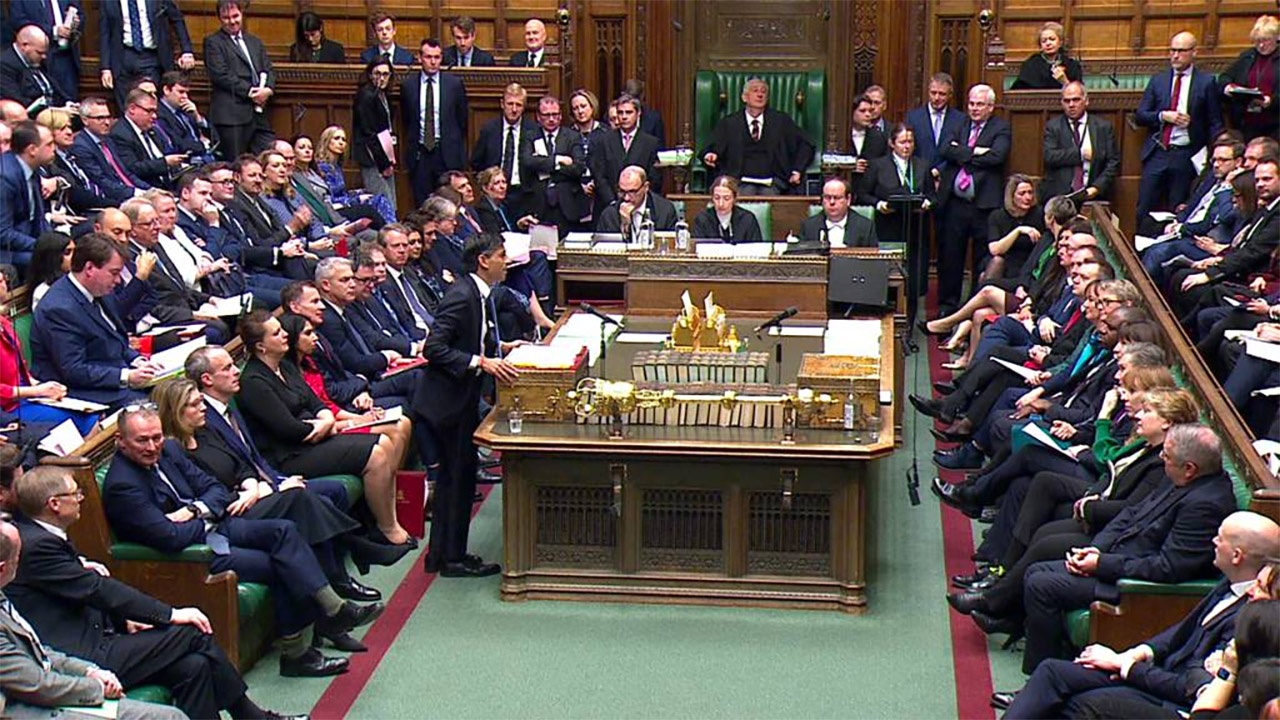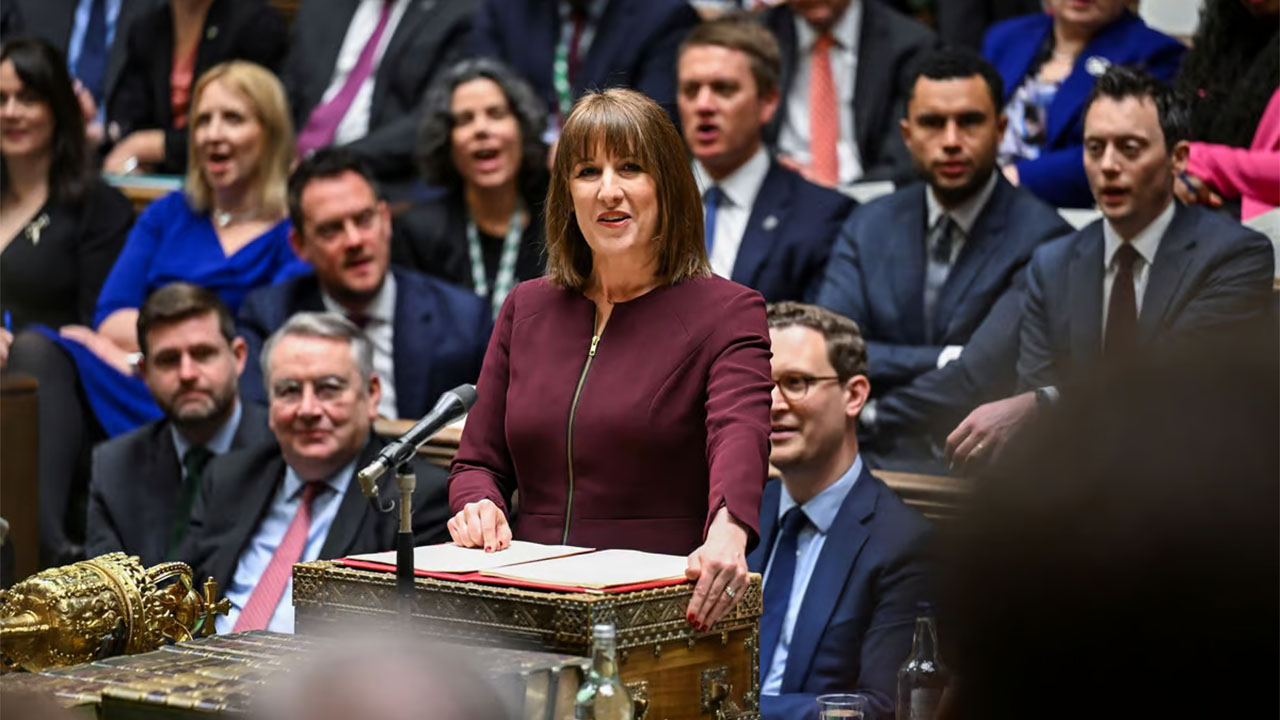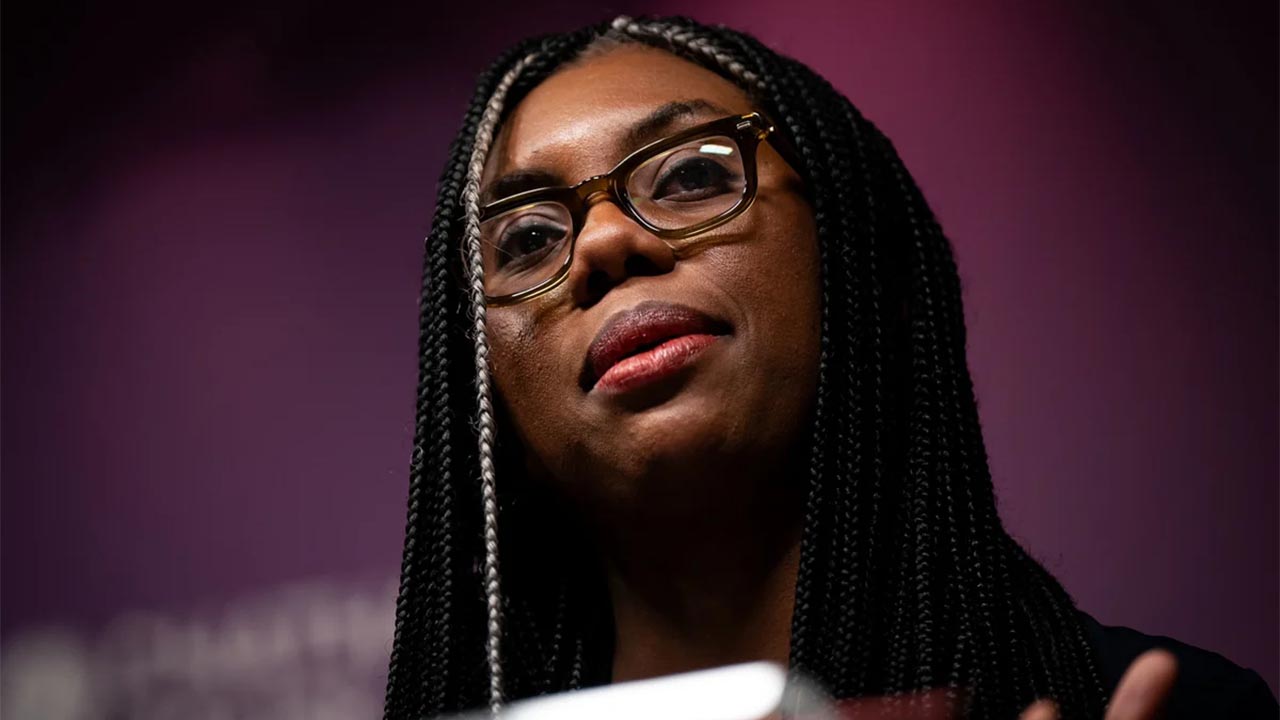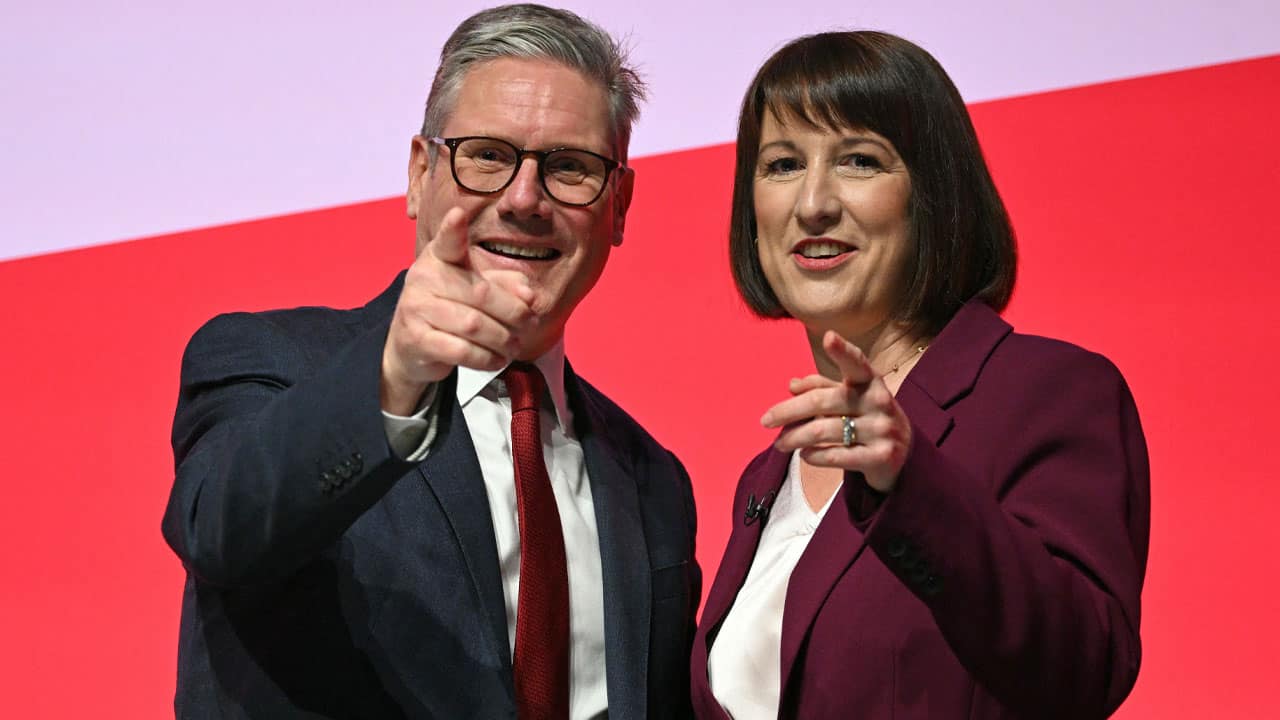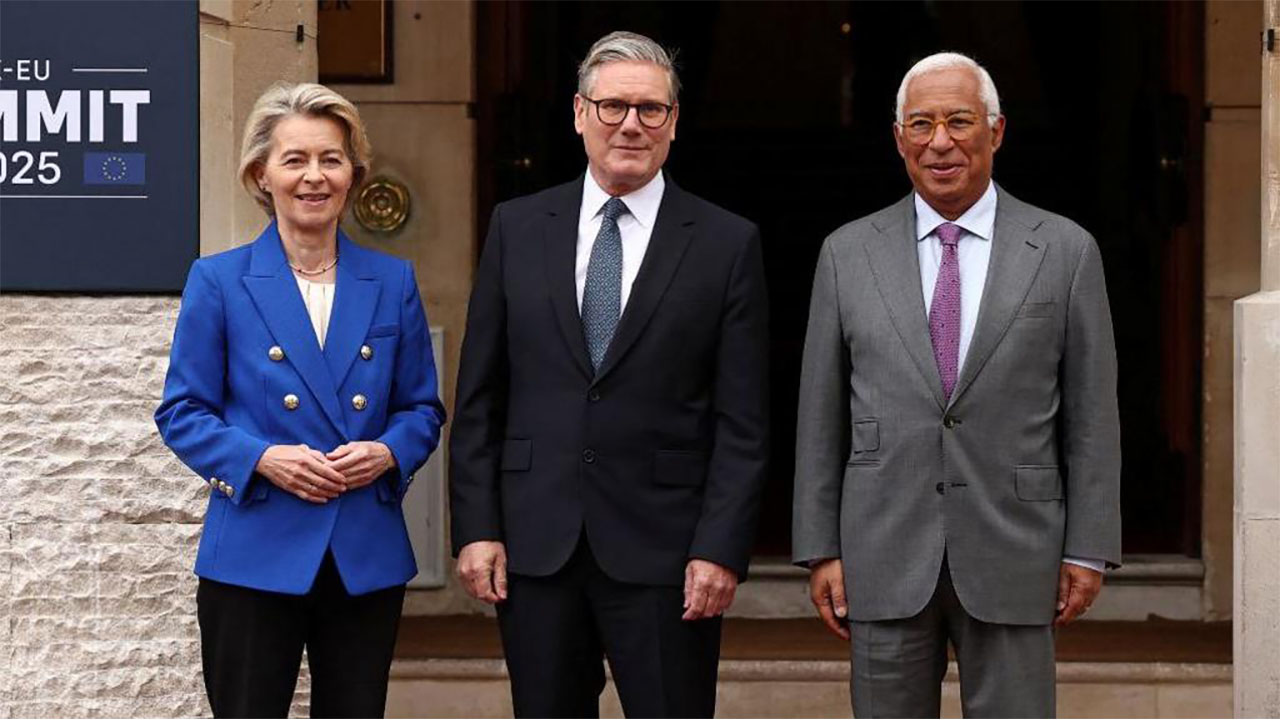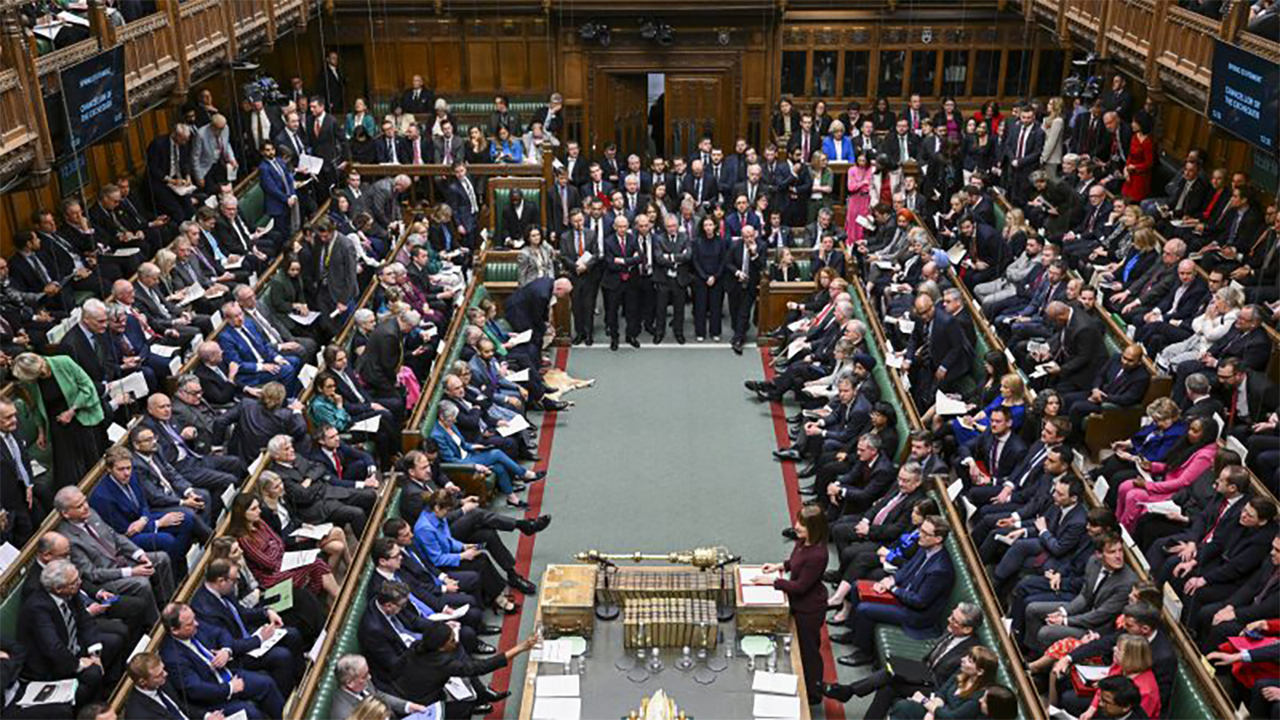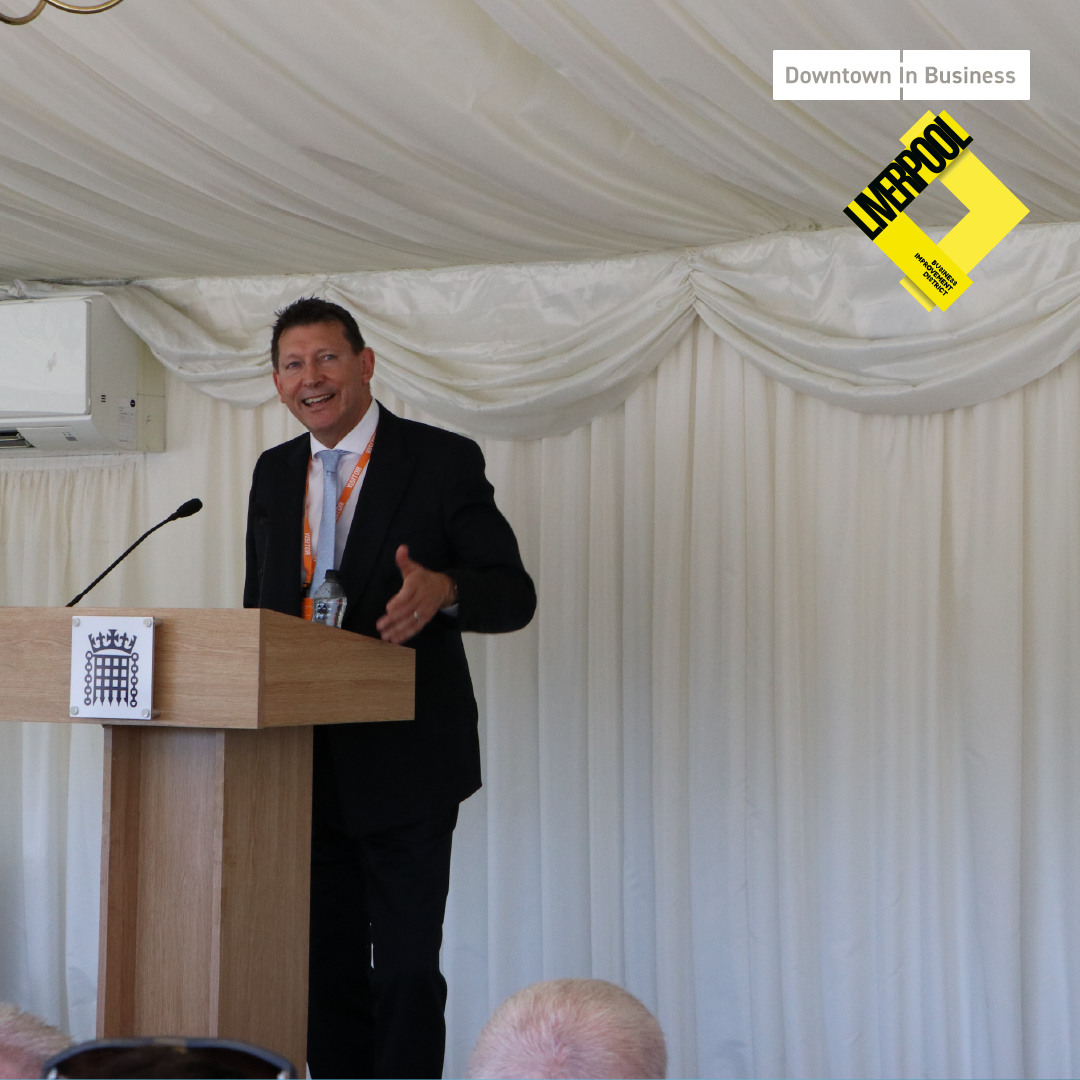They say a week is a long time in politics, and anyone following the political machinations in Westminster over the past seven days will have been left breathless.
The controversial figure of Suella Braverman sacked as Home Secretary. A major cabinet reshuffle. The return of David Cameron to the cabinet as the Foreign Secretary. The appointment of Esther McVey as ‘minister for Common Sense’. A welcome reduction in inflation. Rwanda!
Whatever you think of Rishi Sunak’s changes to his top team, what cannot be denied is that the fall out has led to more turbulence within a Conservative Party already riven by division.
Against that backdrop, and some opinion polls showing a Labour lead of 24%, you would think that Keir Starmer would be cracking open the champagne. Not a bit of it. For the Leader of the Opposition has his own internal challenges to deal with.
Whilst he has been calling for a ‘humanitarian pause’ to hostilities in Gaza, many of his MPs are urging a ‘ceasefire’. Indeed, as I write, there are rumours that up to a dozen of Labour’s frontbench may be considering their positions. The Middle East conflict, despite the fact that neither the government or the opposition have any genuine influence on what happens next there, is causing the Labour leadership a headache.
It is too crude to simply divide the rows within each party as Left vs Right, but it is fair to say that as politics and political discourse has become more polarised in the country, so too have the coalitions within the Labour and Tory parties become more fragile.
Is it realistic to think that Lee Anderson and Jeremy Hunt can sit alongside one another comfortably on the government benches for the next twelve months? How do those who still pine for and defend Jeremy Corbyn enthusiastically campaign for Keir Starmer to become Prime Minister?
Our recent history suggests that new political parties do not fare well in British politics. However, as the chasm between ‘One Nation’ Tories and ‘Blue Collar Conservatives grows; and Social Democrats dominate Socialists so convincingly on the other side – is the traditional two-party system that has been in place for over a century coming to an end? Indeed, is it conducive to the good governance of the country for us to be led by parties that often look as if they less in common than they agree upon?
The only thing that seems to be holding this traditional, antiquated system together is an old, antiquated electoral system that makes it near impossible for ‘third parties’ to break through. That is not conducive to good government – or necessarily healthy for democracy.
*Although 56 Labour MPs supported an SNP motion for a ceasefire on Wednesday evening – but none of the oppositions top team resigned, the highest profile name to defy the Labour whip being Jess Phillips.


